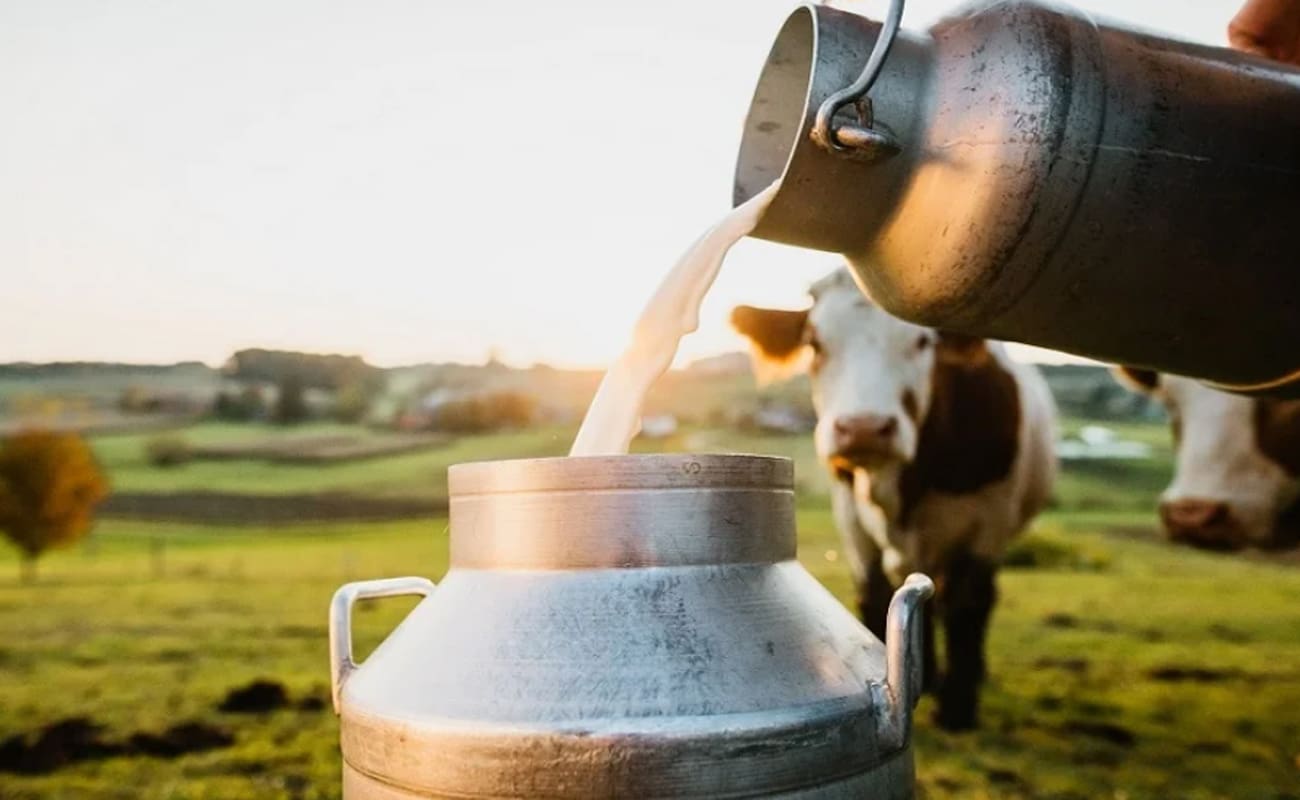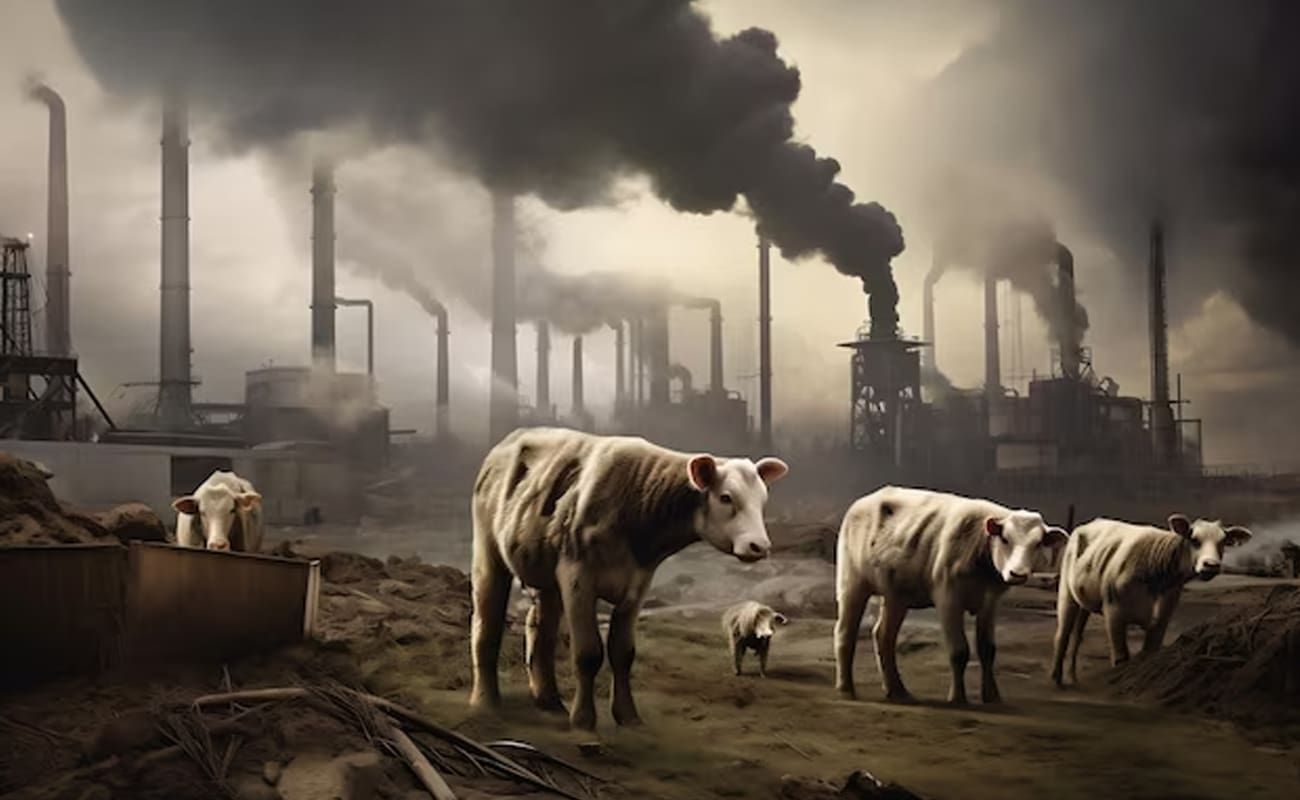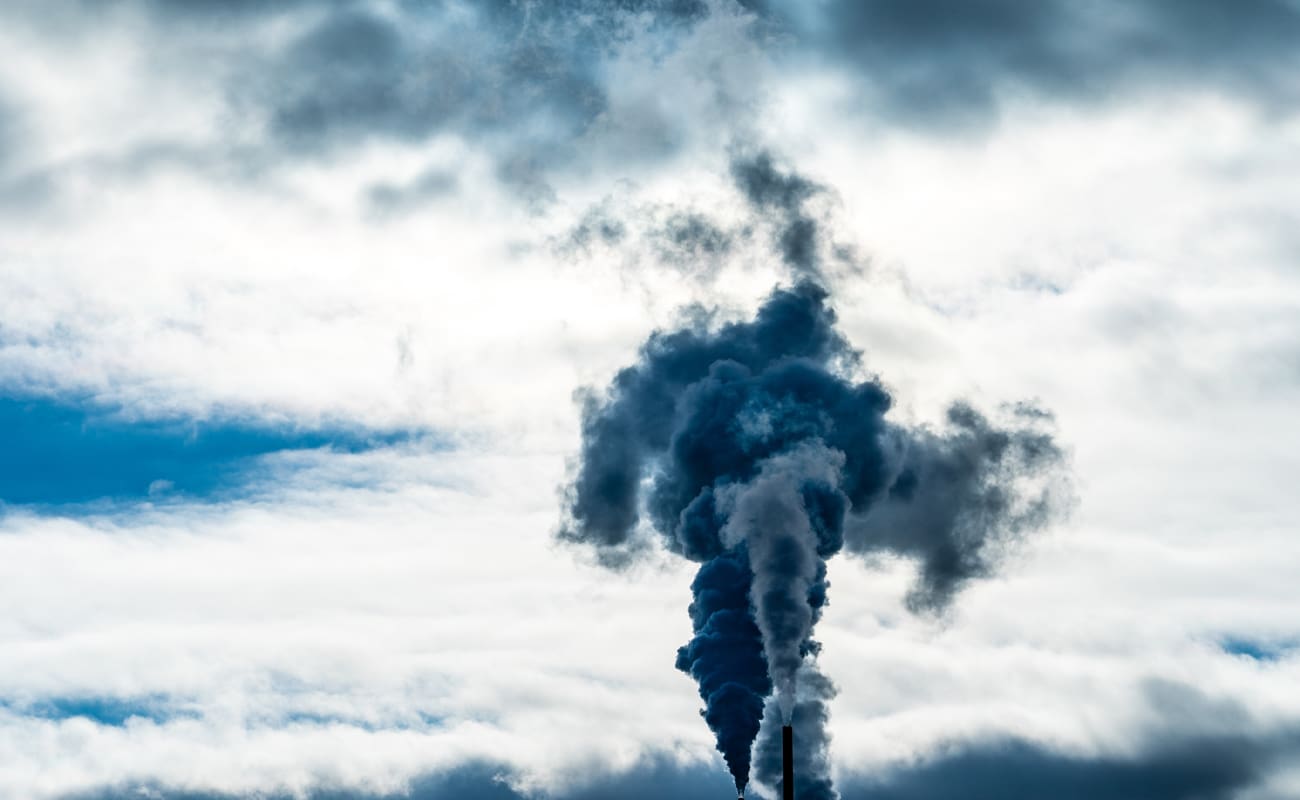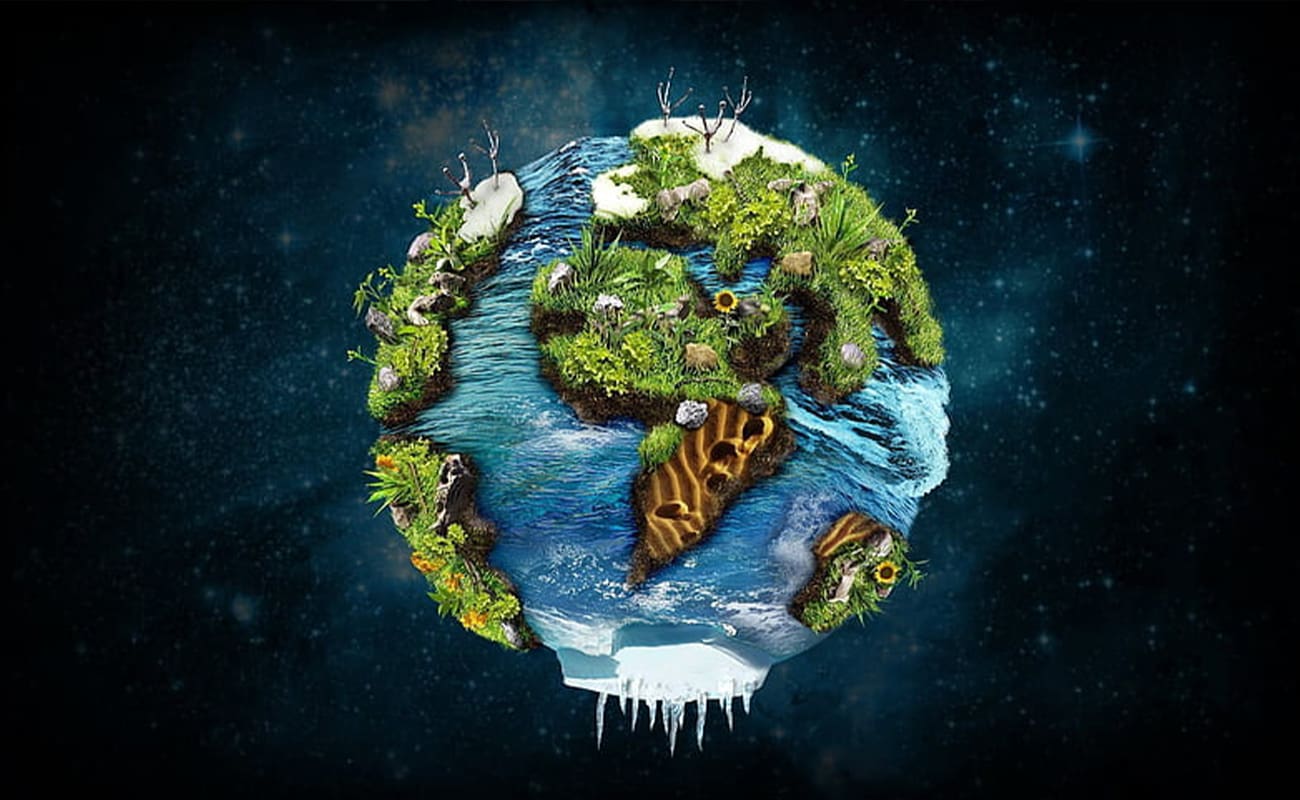In this section, discover how industrial animal agriculture fuels environmental destruction on a massive scale. From polluted waterways to collapsing ecosystems, this category reveals everything you need to know about how factory farming endangers the planet we all share. Explore the far-reaching consequences of resource waste, deforestation, air and water pollution, biodiversity loss, and the impact of animal-based diets on the climate crisis.
Behind every intensive farm lies a chain of environmental harm: forests cleared for animal feed, habitats destroyed for grazing land, and enormous quantities of water and grain diverted to livestock instead of people. The methane emissions from ruminants, the runoff of chemical-laced manure, and the energy demands of refrigeration and transport all converge to make animal farming one of the most ecologically damaging industries on Earth. It exploits land, drains water supplies, and poisons ecosystems—while hiding behind an illusion of efficiency.
By examining these realities, we’re forced to question not just how animals are treated, but how our food choices shape the planet’s future. Environmental damage is not a distant side effect—it’s a direct consequence of a system built on mass exploitation. Understanding the scale of destruction is the first step toward change, and this category sheds light on the urgent need to move toward more sustainable, compassionate alternatives.
With the current state of our planet, it has become more crucial than ever to adopt sustainable practices. One powerful way to make a positive impact is by going vegan. Not only does a vegan lifestyle benefit our health, but it also has significant benefits for the environment. In this post, we will explore how going vegan can save our planet and contribute to a more sustainable future. Benefits of Going Vegan for the Environment Going vegan has numerous benefits for the environment and can play a significant role in saving our planet. By adopting a vegan lifestyle, individuals can contribute to reducing greenhouse gas emissions, conserving natural resources, decreasing deforestation and land degradation, and decreasing water pollution. Reducing Greenhouse Gas Emissions through Veganism Conserving Natural Resources with a Vegan Lifestyle The Impact of Livestock Agriculture on Climate Change Promoting Biodiversity and Wildlife Protection through Vegan Diet Addressing Water Scarcity …


























































